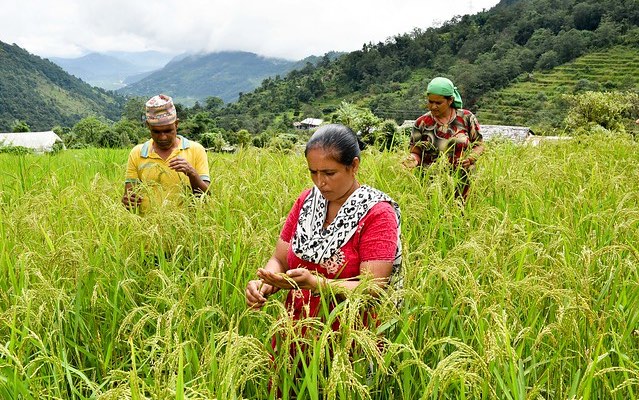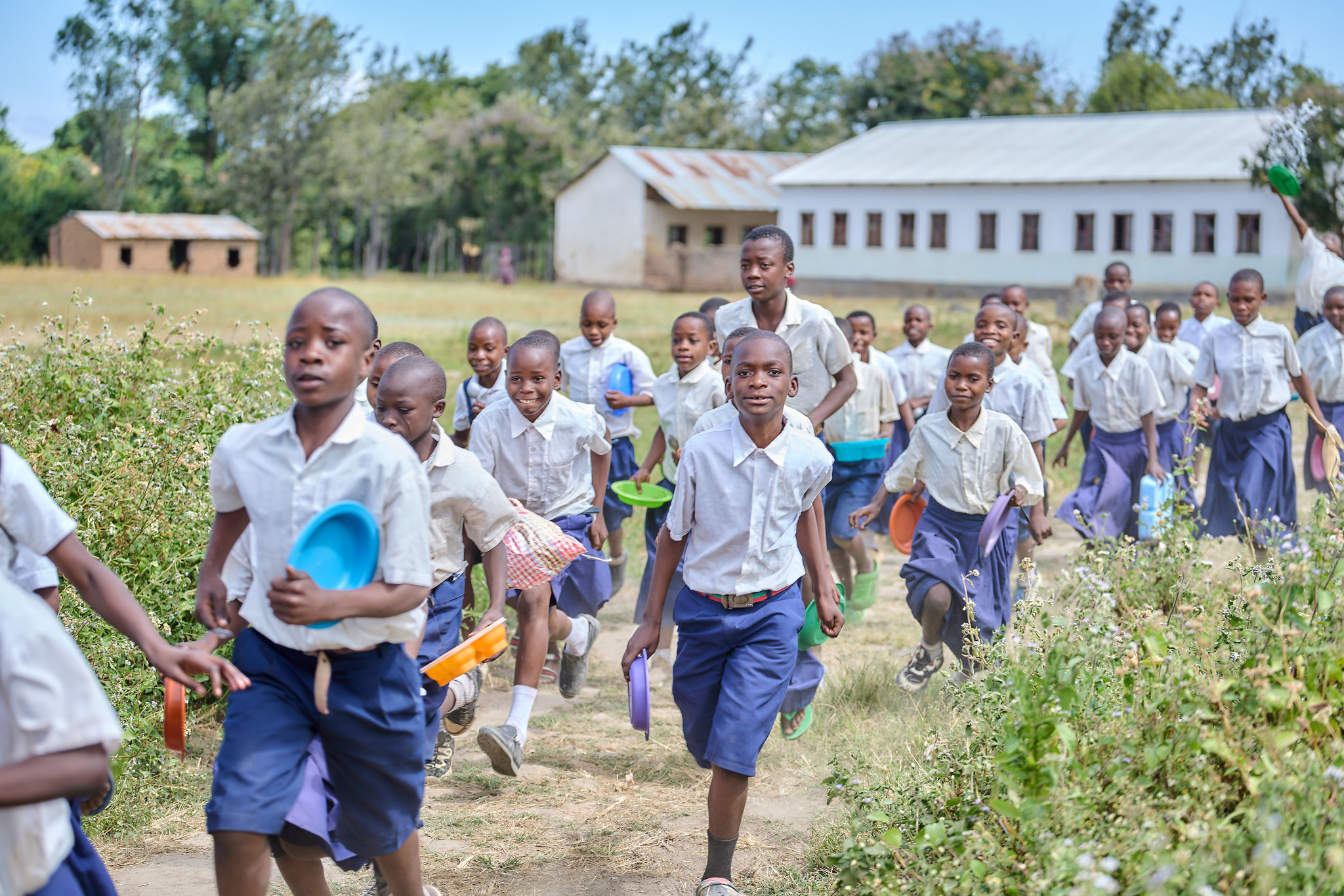On Sept. 23, the Bill & Melinda Gates Foundation, the World Bank, the United Kingdom, the Netherlands, the European Commission, Switzerland, Sweden, and Germany announced commitments of more than $790 million to address the impact of climate change on food and agriculture. These commitments followed a recent call by the Global Commission on Adaptation, led by Ban Ki Moon, Bill Gates, and Kristalina Georgieva, for increased resource allocations to international agricultural research. Specifically, the Commission called for a doubling of investments in CGIAR, the organization best known for fostering Asia’s green revolution. (IFPRI is a member.)
These calls and commitments recognize the scale, context, and location of the challenges confronting the global food system. And, they recognize CGIAR’s reach and effectiveness. The best available estimates indicate that doubling the CGIAR budget, by itself, goes half way to offsetting the implications of climate change for global hunger by 2050, alongside generating a multiplicity of other human and environmental benefits.
Over the next 40 years, production of calories globally must increase by about 50% in order to keep up with food demand. This massive growth in food production must occur in a context of climate change. Depending substantially on the global mitigation regime pursued, global average temperature will rise by a minimum of about 0.5 degrees to more than 1 degree Celsius by 2060. These temperature increases come on top of the 1 degree increase experienced since the dawn of the industrial revolution 150 years ago, pushing natural systems (including food systems) further away from equilibria established over millennia.
On top of this, food systems must also play a prominent role in mitigation efforts if a stable climate is to be achieved. This implies, among many other items, limited or negative net expansion of land area under crops and pasture.
Finally, growth in food demand over the next 40 years will concentrate in Africa and South Asia. While food trade will play an important role in meeting demand, it is desirable from both developmental and environmental perspectives that the bulk of the necessary increase in food production occur in these regions. The alternatives are large additional food imports into Africa and/or South Asia; greater production pressure in surplus regions, such as the United States and Brazil (likely with negative environmental implications such as greater pressure for deforestation of the Amazon); dimming of development prospects in those countries with relatively stagnant agriculture/food sectors; and greater outward migration pressure from these same countries in response to climate or other shocks.
CGIAR work focuses on Africa and South Asia, exactly where most incremental food demand is expected to materialize and where production increments should most logically occur. With a budget of not quite $1 billion, CGIAR already operates at reasonable scale. Critically, the estimated average rate of return to CGIAR research is very high—approximately 40%. This means that one dollar invested in agricultural research for developing countries yields multiple dollars in benefits, with the bulk of those benefits accruing to poor people.
Agricultural research has long gestation periods. It takes years (around a decade in Africa) from the funding of initial research on an idea to its manifestation as a benefit to people and the environment. Less intuitively, knowledge stocks, the fruits of research, also depreciate rapidly once in place. New technologies and practices make yesterday’s achievements obsolete; pests and diseases adapt to exploit the weaknesses of efforts to control them; and shifting economic trends create new demands for knowledge.
This return structure—a long gestation period, very high returns for a period, and then sharp depreciation—to agricultural research has three important implications for decision-making with respect to food systems today. First, the investments pay. International agricultural research is a ready and powerful lever for confronting the challenges facing food systems. Second, due to the long gestation periods, we must increase agricultural research budgets now if we want the fruits of this research to aid poor African and South Asian populations to cope with the climate change that they will be experiencing in the 2030s and 2040s. Third, due to the eventual sharp depreciation of knowledge stocks, continuous effort must be applied, or backsliding will ensue.
It is important to emphasize that CGIAR research efforts extend well beyond seed technologies and agronomic practices that improve livelihoods and preserve natural resources. To give just a few examples, CGIAR is a leader in shaping technologies, institutions, and policies in ways that enhance women’s empowerment. Research has shown time and again that empowering women creates large society-wide benefits in both the short- and long-terms. CGIAR also leads in nutrition and the promotion of balanced diets, investment planning, natural resource management, and policies to build resilience, including social protection.
Food systems face unprecedented production, resource preservation, climate adaptation, and climate mitigation challenges. Let’s take on board the recommendations of the Global Commission on Adaptation, including scaling up CGIAR, to meet 21st century challenges starting now.
Channing Arndt is Director of IFPRI’s Environment and Production Technology Division; Shenggen Fan is Director General of IFPRI; Nick Austin is Director, Agricultural Development, within the Global Development Division at the Bill & Melinda Gates Foundation. This post first appeared on the Thomson-Reuters Foundation News site. Opinions are the authors’.







